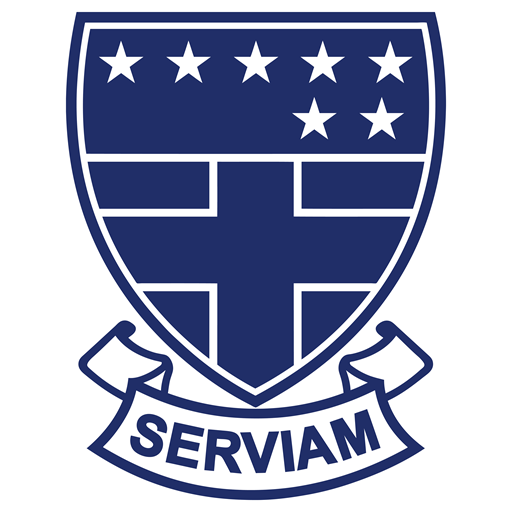Modern Foreign Languages

St Ursula’s School

MFL Curriculum Intent
“Learning a foreign language is a liberation from insularity and provides an opening to other cultures.” (The National Curriculum for Modern Foreign Languages)
The MFL department at St Ursula’s is passionate about the role languages play in providing a well-rounded curriculum. It is the breadth of the skills and knowledge acquired through the study of MFL that means the discipline continues to be such a vital component of a well-rounded education for our pupils.
The French and Spanish curriculum are both designed to bridge the gap between the language and cultures of these countries. We hope to encompass the diversity of the Francophone and Hispanic worlds, reflecting the truly global nature of these languages. For French, students are introduced to aspects of life, culture and society of various Francophone countries including Haiti, Monaco, Morocco and Senegal, whilst Spanish students become familiar with Spain, Mexico, Honduras and Costa Rica. Cross-curricular links are embedded throughout the disciplines at both key stages, including the exploration of the history and geography of countries as well as renowned French and Spanish-speaking artists. We therefore make a significant contribution to the whole-school commitment to develop students’ cultural capital and their curiosity about the world. The diversity embedded into our curriculum reflects our commitment to celebrating the diversity of our school community, and promotes respect towards opinions and views alternative to students’ own.
We create students who are both confident and enthusiastic speakers of their language of study, and also equipped with the skills required to live, study and work in an increasingly globalised world. We aspire to foster a love of language learning in our students, and therefore strive to provide students with real life opportunities to use the target language as a means of communication. MFL plays a key role in developing the oracy and literacy of our students. We actively support and strengthen pupils’ literacy skills by exploring nuances of language, explicitly comparing the structures and vocabulary of the target language with English and exploring the components of effective communication in both the written and spoken forms. In particular our SEN students benefit from the scaffolds and sentence builders in place that support them to structure their written and spoken work at sentence level.
Across both key stages, we endeavour to foster students’ metacognitive skills and understanding of language acquisition. Subsequently, St Ursula’s students will have the capacity to become lifelong learners of languages, whether that be continuing to achieve fluency in the language studied with us, or other languages they may choose to learn.
Key Stage 3
At KS3, the French and Spanish curriculum are both sequenced carefully to ensure that pupils achieve mastery of the foundational knowledge of their language of study. These building blocks incorporate the three pillars of language learning – vocabulary, grammar and phonics. Therefore, by the end of KS3, students will be able to recognise and recall a range of high-frequency vocabulary, use common verbs in three tenses, and be familiar with the phonetic patterns of either Spanish or French.
The aim of the Year 7 curriculum is to introduce the essential key skills, to deliver a basic understanding of key grammatical language such as verbs, nouns and adjectives in an MFL context. Students are encouraged to communicate in the target language as much as possible and learn the essential classroom language required to understand and be able to communicate basic information about self, family and others. In Year 8 key grammatical concepts and structures are revisited and students are introduced to more complex grammar such as the past tense. They develop their vocabulary to go beyond their immediate needs and interests, allowing them to give and justify opinions and take part in discussion about wider issues. During year 9, the focus is on the retrieval and reinforcement of the key themes for the GCSE. They consolidate their understanding of tenses and learn to manipulate a variety of key grammatical structures and patterns.
Through our KS3 curriculum students will be able to:
- Understand and respond to spoken and written language from a variety of authentic sources
- Speak with increasing confidence, fluency and spontaneity, finding ways of communicating what they want to say, including through discussion and asking questions, and continually improving the accuracy of their pronunciation and intonation
- Write at varying length, for different purposes and audiences, using the variety of grammatical structures that they have learnt
- Discover and develop an appreciation of a range of writing in the language studied.
Links to curriculum maps:
Special requirements
A small pocket sized French and Spanish dictionary should be purchased (from Amazon or any good bookstore)
Links to useful sites for KS3 students, parents and members of the public
www.linguascope.com (vocabulary practice)
www.languagesonline.org.uk (grammar practice)
www.wordreference.com / www.linguee.com (online dictionaries)
www.quizlet.com (vocabulary learning)
www.senecalearning.com (grammar and topic vocabulary learning)
